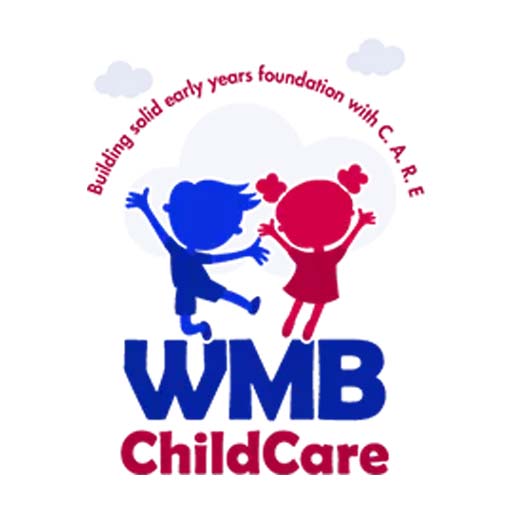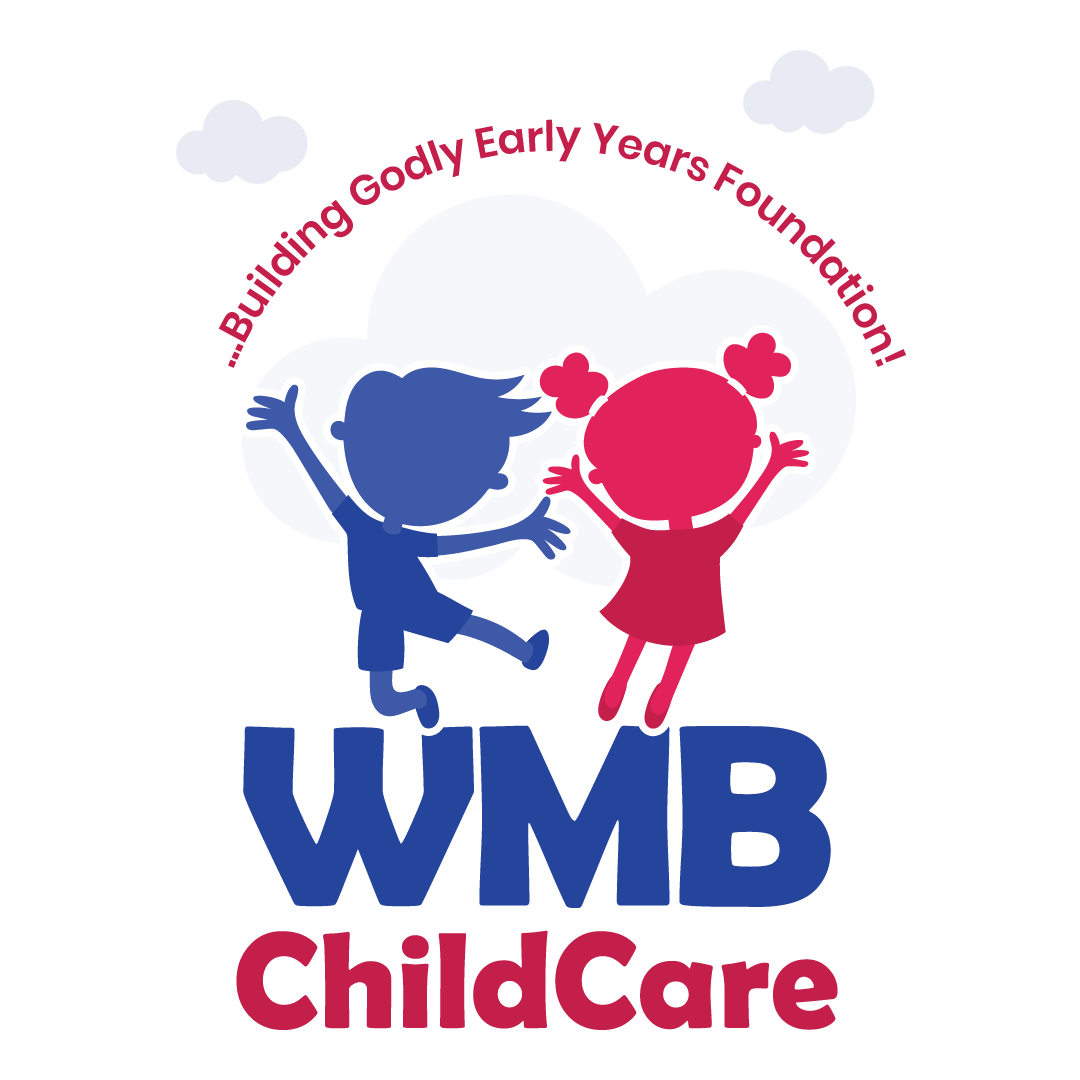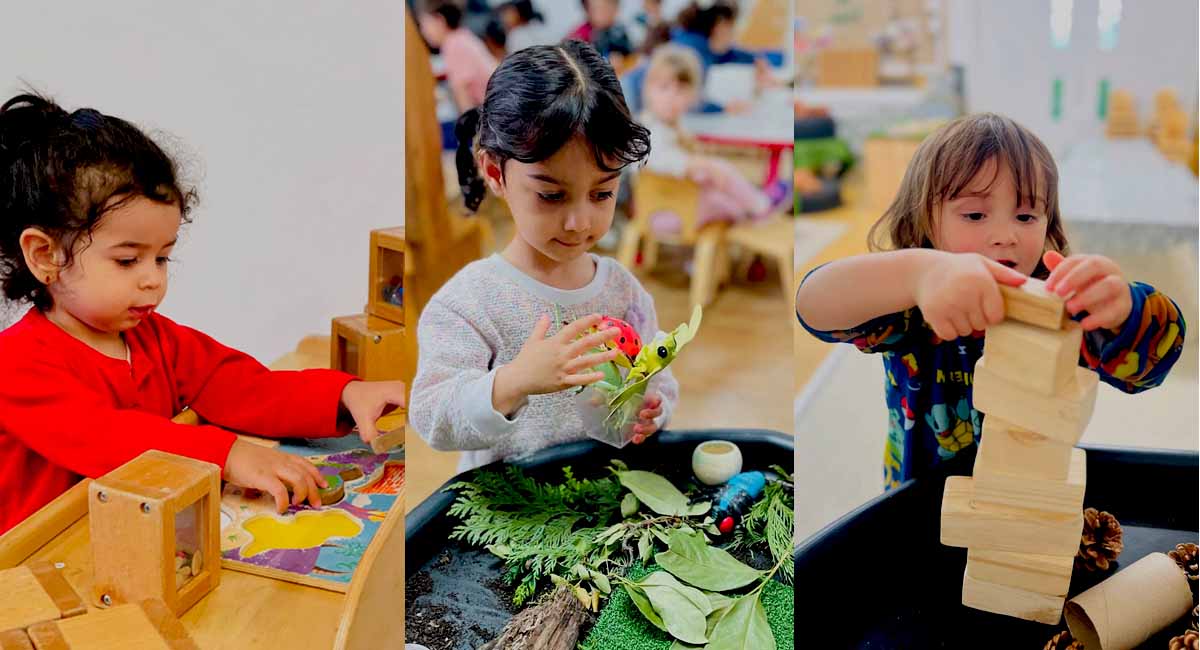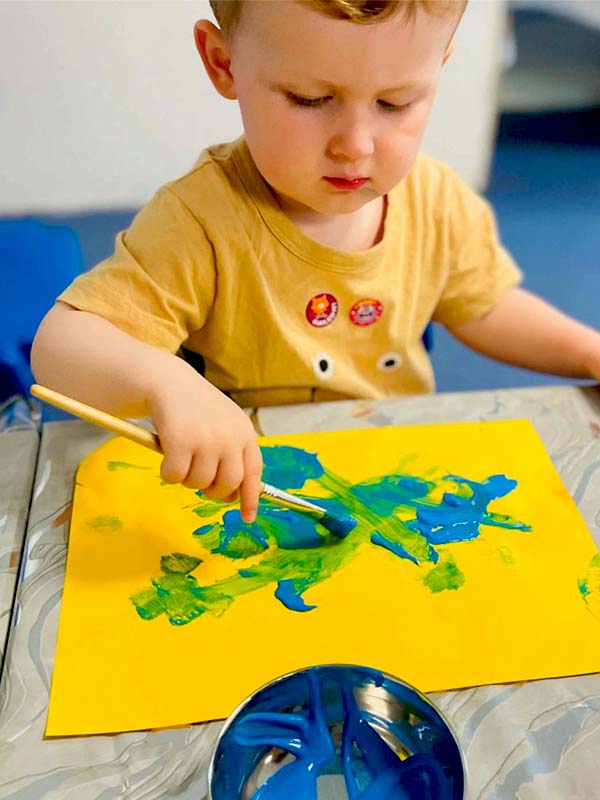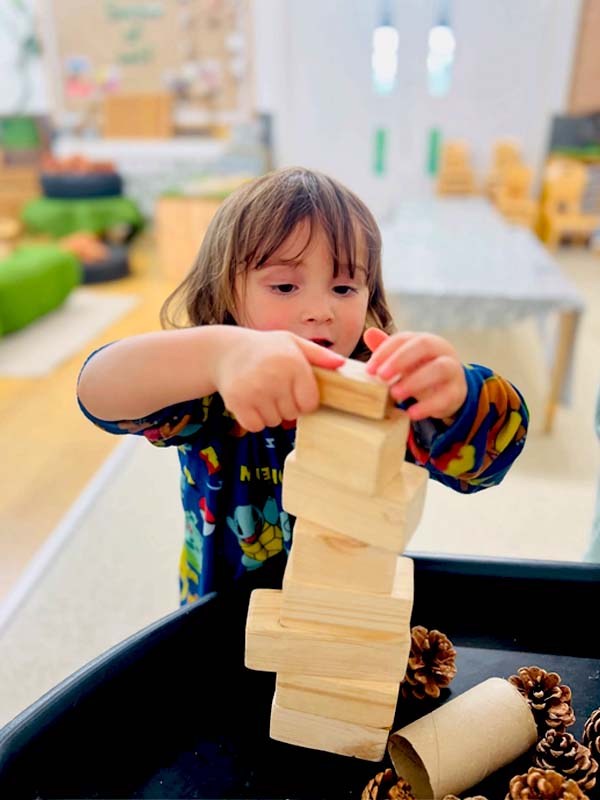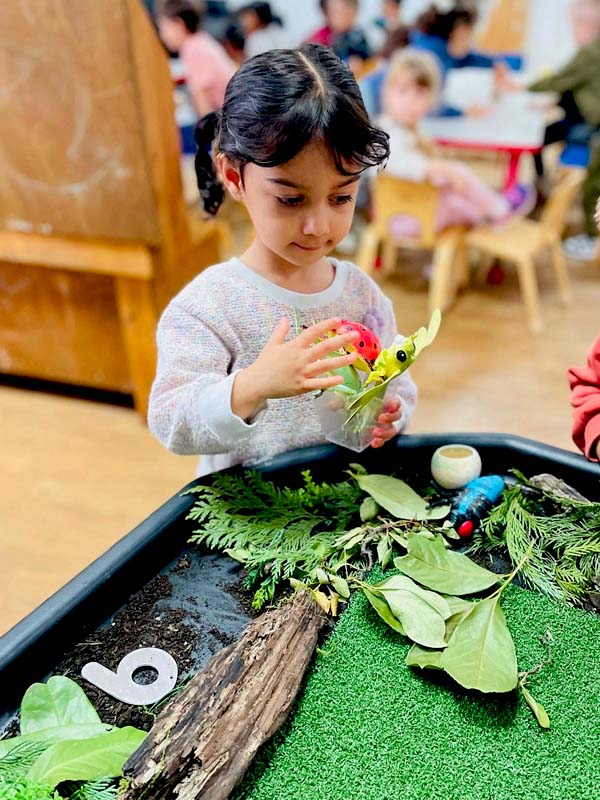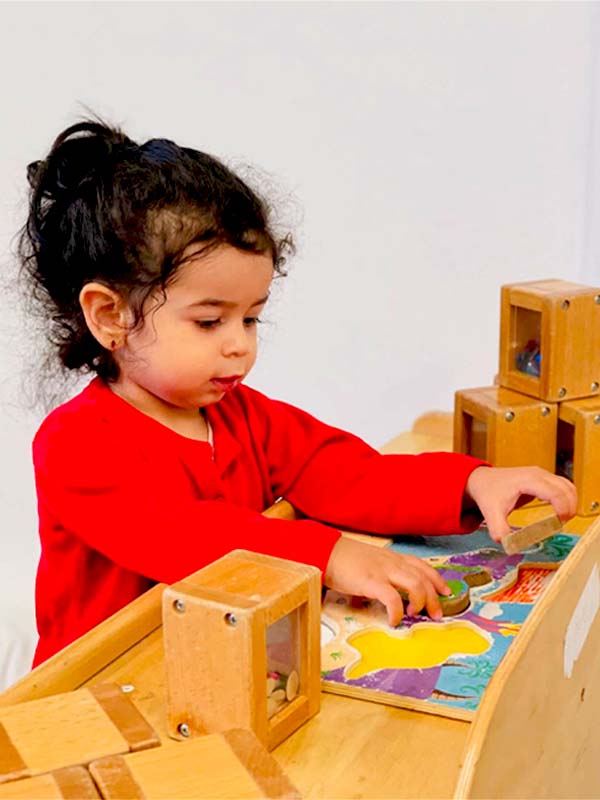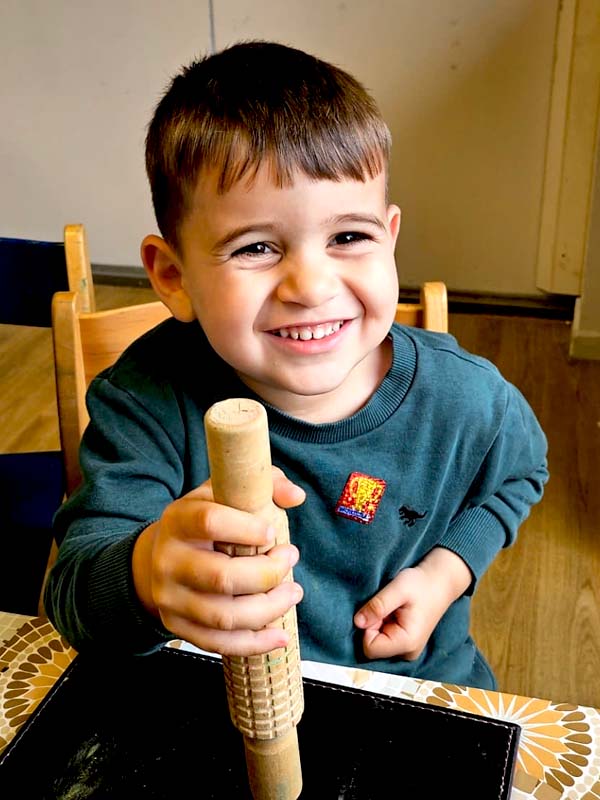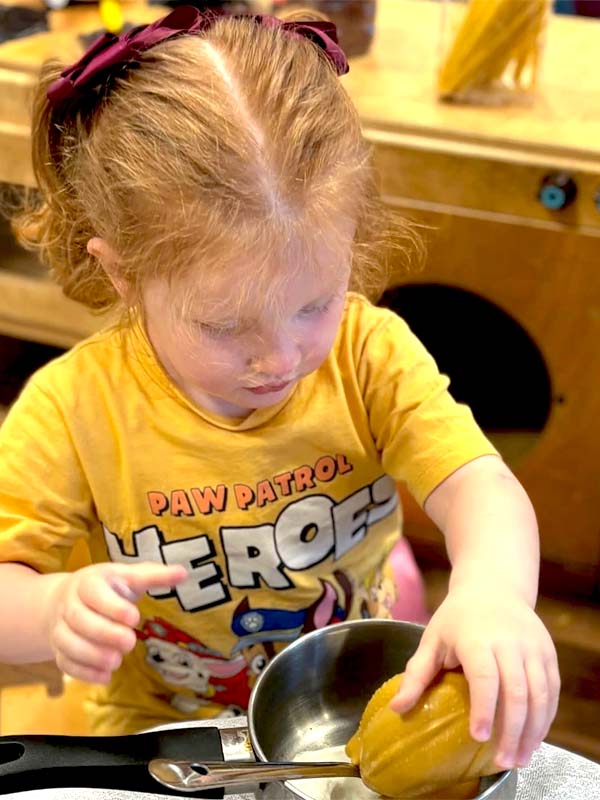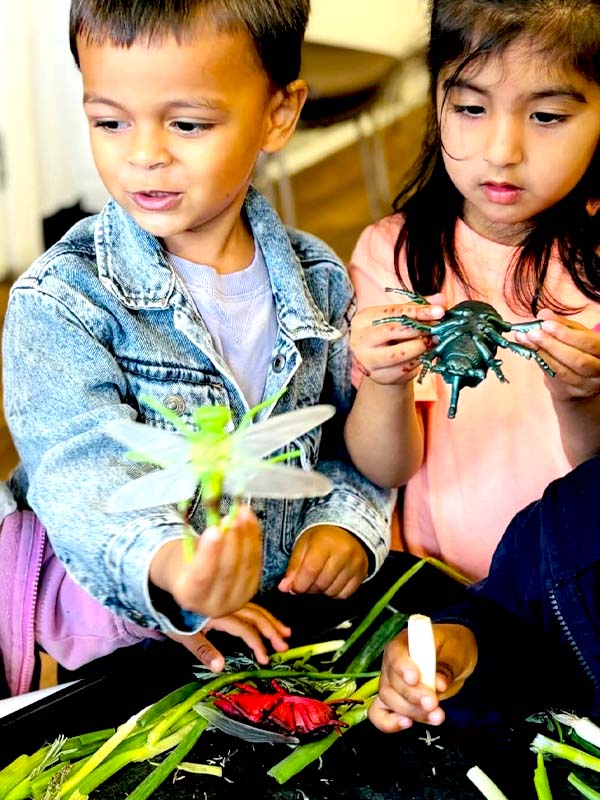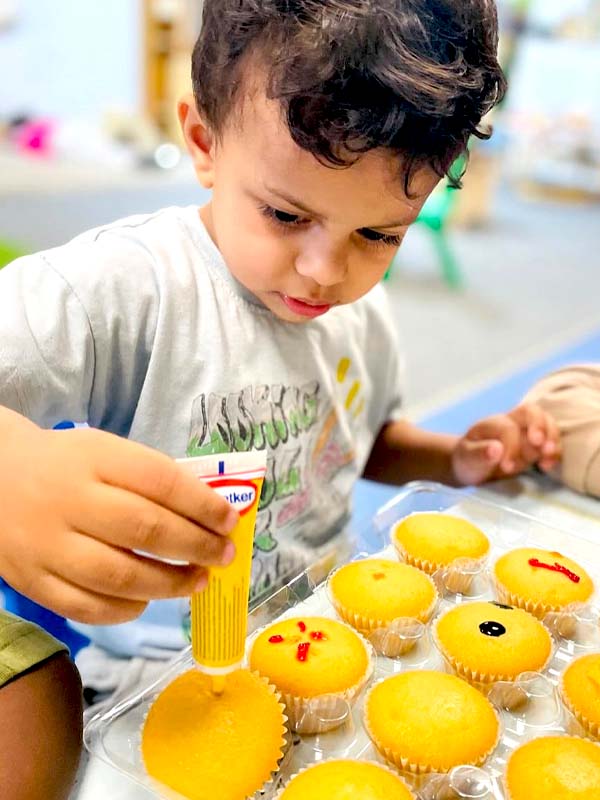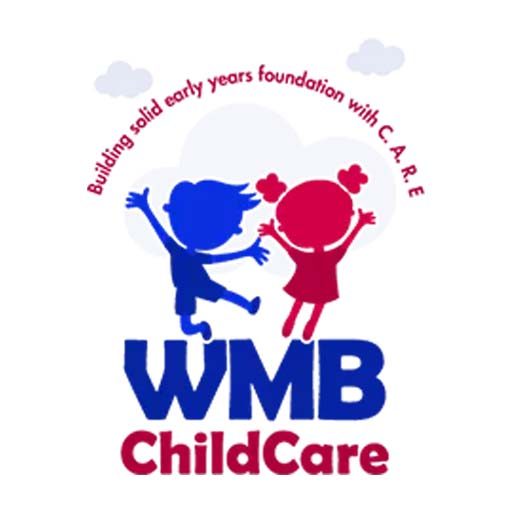How Circle Time Boosts Communication and Social Skills at WMB Childcare
Circle time is more than just a pleasant way to start the day – it is a deliberate learning strategy used at WMB Childcare to build children’s communication skills, social confidence and sense of belonging. As early‑years practitioners we follow the statutory Early Years Foundation Stage (EYFS) and Development Matters guidance, which emphasise how children’s spoken language underpins all seven areas of learning and development and how quality interactions build the foundations for later literacy and cognitive growth. This post explains what circle time looks like, why it’s important, how WMB delivers it professionally and why our approach stands apart from other nurseries.
1. What Is Circle Time?
Circle time is a structured part of the day where a small group of children and an educator sit together in a circle to share stories, sing songs, discuss feelings and take part in group activities. The circular arrangement allows everyone to be seen and heard and promotes equality and cooperation. At WMB Childcare we use circle time to:
✓ Model language and encourage turn‑taking. The EYFS framework notes that children’s back‑and‑forth interactions form the foundation for language and cognitive development, and that the number and quality of conversations with adults and peers are crucial. By giving each child time to speak and listen, circle time lets them practise conversation skills in a supportive setting.
✓ Introduce new vocabulary. Government guidance explains that children’s vocabulary expands rapidly – from recognising about 50 words at age one to around 10,000 by age five. Through themed discussions, stories and songs we introduce new words in context, helping children make sense of the world.
✓ Build a sense of community. Strong, warm relationships with adults help children understand their own feelings and those of others. Sitting together encourages children to respect others, celebrate achievements and support peers.
Circle time is also consistent; children know what to expect and feel secure, making it easier for them to participate. We adapt activities to suit children’s ages and interests, ensuring each session is purposeful and engaging.
2. Why Communication and Language Development Matters
✓ Foundations for Lifelong Learning
Language is one of the three prime areas of learning in the EYFS (alongside personal, social and emotional development and physical development). Development Matters notes that children’s spoken language is the foundation for all learning. Research summarised by the Department for Education shows that good interactions between adults and children make a big difference to how well communication skills develop. Children who spend time in language‑rich environments with responsive adults recognise words earlier, build larger vocabularies and are more likely to succeed academically. Missing these developmental steps makes it harder to catch up later, so investing time in communication now is critical.
✓ Building Confidence and Social Rules
Being able to speak clearly doesn’t always equate to good communication; some children struggle because they don’t understand social rules. Circle time provides a gentle, guided setting where children learn how to take turns, listen actively, respond appropriately and interpret body language. Adults model appropriate responses, using words, facial expressions and actions to support understanding. By waiting for a child to respond and then echoing back what they say with new vocabulary added, practitioners build children’s language effectively.
3. Circle Time and Social Skills
Personal, social and emotional development (PSED) is another prime area of learning. Development Matters states that children’s PSED is crucial for them to lead healthy and happy lives and underpins cognitive development. Strong relationships with adults enable children to understand their feelings and those of others, while supported interaction with peers teaches them how to make friendships, co‑operate and resolve conflicts. Circle time nurtures these skills by providing:
✓ Safe expression of emotions. Stories, songs and discussion topics allow children to talk about feelings. This helps them identify and manage emotions and fosters empathy.
✓ Co‑operation and teamwork. Group games, rhymes and collaborative problem‑solving encourage children to work together. The play and interaction guidance from the NHS notes that social rules are essential; children who struggle with social skills may give inappropriate responses and find it harder to relate to others. Circle time offers a supportive space to practise these rules.
✓ Confidence and self‑esteem. Taking turns to share experiences and receiving positive feedback boosts children’s confidence. Recognising their contributions helps them feel valued and builds a positive sense of self.
4. Relationship Building and Empathy
Research on interactions emphasises that being with others helps children build social relationships, providing opportunities for friendship, empathy and sharing emotions. In circle time, children learn to listen to others’ perspectives, wait for their turn and respond with kindness. These early experiences of listening, sharing and problem‑solving lay the groundwork for future relationships and help children feel part of a community.
5. Circle Time at WMB Childcare – Our Professional Approach
Many nurseries recognise the benefits of circle time. Competitors often highlight activities like storytelling, songs and group games to foster communication and social skills. At WMB Childcare we go beyond these basics, integrating circle time into a comprehensive early‑years curriculum and using our professional expertise to support every child’s development.
✓ Qualified Practitioners and Key‑Person System
Our team comprises highly trained early‑years professionals who understand the EYFS and follow its guidance diligently. Each child has a key person who builds a warm, trusting relationship and ensures that care is tailored to individual needs. Development Matters emphasises the importance of strong, warm and supportive relationships, and our key‑person system embodies this. Practitioners observe children closely, plan activities based on their interests and provide sensitive, responsive support during circle time.
✓ Language‑Rich Environment
In line with government guidance, WMB provides a language‑rich environment full of stories, rhymes, songs and playful exploration. The Department for Education notes that hands‑on experiences encourage learning and provide a context for new words. During circle time we:
Use story scribing and storytelling to encourage children to share ideas; practitioners write down children’s stories and read them back, showing that their voice matters.
Integrate songs, rhymes and poems with actions to help children listen to the structure of language and explore new words.
Offer role play and imaginative play using props and open‑ended materials, allowing children to act out stories, negotiate roles and develop problem‑solving skills.
✓ Inclusive and Differentiated Activities
Not all children learn or communicate in the same way. Our circle time sessions are differentiated to suit different age groups and developmental stages. For example:
Blowing bubbles or simple action songs help very young children or those with communication difficulties learn turn‑taking and the back‑and‑forth rhythm of conversation.
Communication boxes encourage children to bring items from home to share, linking learning at home and nursery and helping them practise new vocabulary in meaningful contexts.
Show‑and‑tell sessions build confidence in speaking in front of peers and introduce new vocabulary.
Our practitioners use clear speech, sit face‑to‑face with children and allow plenty of time for responses, as recommended by NHS guidance
✓ Parent Partnership and Home Learning
We recognise that parents are children’s first educators. Development Matters and EYFS guidance encourage practitioners to engage and support parents in guiding their child’s development at home. WMB Childcare keeps parents informed of topics explored during circle time and provides suggestions for follow‑up activities at home. Through our our Manchester nurseries page and regular newsletters we share songs, stories and conversation prompts so families can reinforce learning and enjoy circle time routines together. Strengthening this home‑setting connection improves children’s outcomes and prepares them for the next stage of their journey.
6. Why Choose WMB for Circle Time and Child Development?
Competitive research shows that many nurseries emphasise the social and educational benefits of circle time – developing social skills, building a sense of community, promoting emotional regulation and encouraging creativity. These are valuable, but at WMB Childcare we combine them with:
✓ Professional expertise and compliance with EYFS. Our staff are trained to deliver high‑quality early education in line with government guidance. We use observations and assessments to tailor circle time activities and monitor progress.
✓ Holistic development. Circle time at WMB is not only about social skills. We weave in physical movement (such as action songs and yoga stretches), cognitive challenges (memory games, rhymes) and creative expression (music, art and storytelling) to stimulate every area of development.
✓ Inclusive practices. Our approach recognises and celebrates diversity. We incorporate multilingual songs and support children who are learning English as an additional language, reflecting the EYFS guidance that speaking more than one language has many advantages. We adapt circle time for children with additional needs and provide alternative communication methods like visual cues and sign language.
✓ Parent partnerships and transitions. We maintain open communication with parents, ensuring continuity between home and nursery. When children move on to school, their experience with listening, following instructions and co‑operating in circle time helps them transition smoothly – a benefit highlighted by early‑years professionals.
At WMB Childcare, circle time is a cornerstone of our professional approach to early education. It aligns with national guidance, encourages communication development, builds social skills, and fosters a love of learning. Whether your child is babbling their first words or telling imaginative stories, they will benefit from the warmth, structure and expertise of our practitioners.
Find Out More
To learn more about our curriculum and see circle time in action, explore our nurseries in Manchester or get in touch via our enquiry page. We look forward to welcoming your child into a nurturing environment where communication and social skills can flourish.
